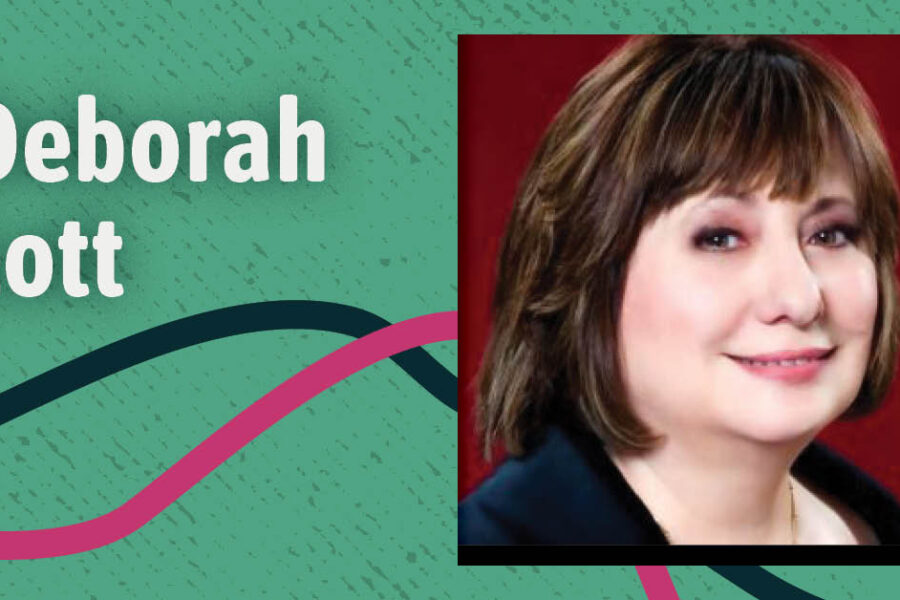Today is International Women’s Day, and March is Women’s History Month. It’s a time to celebrate the women across the world who have made a difference, who have contributed in every aspect of our culture, and who have advanced social justice and human rights, particularly women’s rights. It’s also a time to remember that the battle for gender equality across the globe is not yet won. There are many cultures and societies in which women are still subject to brutal persecution, violence, rape, enslavement, and subjugation, where they are bought and sold by men, where they have no rights to personal liberty or freedom.
There is probably no uglier example of this than what is occurring today in war-torn Syria, a country that devolved into full-scale civil war following the Arab Spring protests in 2011. It’s a complicated war that has involved foreign militaries including those of Russia, Turkey, and the U.S., as well as domestic Syrian rebels, ISIS, Kurds, and the al-Assad-led government forces. It’s a war that has uprooted millions of Syrians, leaving them homeless refugees in their own country. And it’s a war in which women have both borne many of its worst injustices and provided some of its bravest moments.
So, on this International Women’s Day, it’s appropriate to give attention to a new book by Gayle Tzemach Lemmon called, The Daughters of Kobani: a Story of Rebellion, Courage, and Justice. This book chronicles the thousands of brave, mostly Kurdish young women who took up arms initially to fight ISIS, a group that was brutal to everyone but that reserved a particular brutality for women, and formed their own all-women militias to protect their communities. In the words of Lemmon, “They have successfully defeated ISIS on the same streets in which women had previously been bought and sold.” In a recent NPR interview about her book, she described how these are women who have limited educational opportunities, who had not been allowed in the past to so much as play soccer in public because it would bring shame upon their families, who had not been allowed to marry the men they loved, and who were too often in the past treated as chattel. By founding these militias, known as Women’s Protection Units, they fought against ISIS not only to protect each other but also to show women around the world “what they can do, show them that women have value, that women cannot be enslaved, that this is not what is going to stand.”
Hillary Clinton once famously remarked that, “Human rights are women’s rights and women’s rights are human rights, once and for all.” Here in the U.S. it is easy to see the heroic righteousness of these Kurdish women. Yet, even in this nation, founded on the principles of liberty, freedom, and democracy, the rights of women have not been fully achieved. It’s bracing to remember that the right to vote was not extended to women until 1920, just over 100 years ago. Because of violent and murderous voter suppression in the South, it was not extended to Blacks in any meaningful way until over four decades later with the passage of the Voting Rights Act of 1965. Even in today’s America, the rights of women—and in particular those of trans women—can not be taken for granted. So, it’s important that we use this month to acknowledge, celebrate, and study the great contributions to our society by those women who have been and continue to be key activists in the struggle for voting rights. From early women’s suffrage leaders like Elizabeth Cady Stanton, Lucretia Mott, and Susan B. Anthony to Reconstruction-era Black suffragists like Mary Church Terrell, Sojourner Truth, Fannie Barrier Williams, and Ida B. Wells, the fight for women’s voting rights has long been led by brilliant and dedicated women.
In her book, Lighting the Fires of Freedom, author Janet Dewart Bell (Antioch Columbia ‘74; GSLC PhD ‘15) profiles the lives of nine African-American women who bravely fought for voter rights protections for Black voters in the early 1960’s. Among those women is Judy Richardson (Antioch Baltimore ‘78), who left Swarthmore College after her freshman year to work with the Honorable John Lewis and others in the Student Nonviolent Coordinating Committee, actively registering Black voters in the South. They did so at great personal peril, in a time when many were lynched or otherwise murdered for helping other Black people register to vote or for themselves attempting to register to vote. Ms. Richardson was later the series associate producer and education director for the 14-hour PBS Documentary on the civil rights movement, Eyes on the Prize. Today, we can see this tradition continue in the work of Stacey Abrams, whose tireless organizing has led to the participation of hundreds of thousands of new voters in her state of Georgia—voters who recently made a profound difference in the outcome of the Presidential election and two Senate elections.
Thank you Antiochians for all of the good you are doing to help make our university, our nation, and our world a more just place for women. I invite you to reflect on how far we have come, to reflect on how much further we have yet to go, and to resolve to work toward the many victories still needing to be won.



